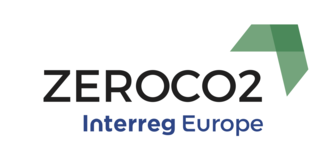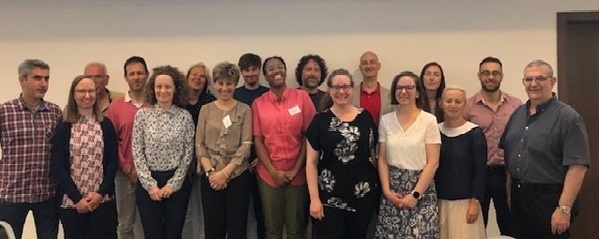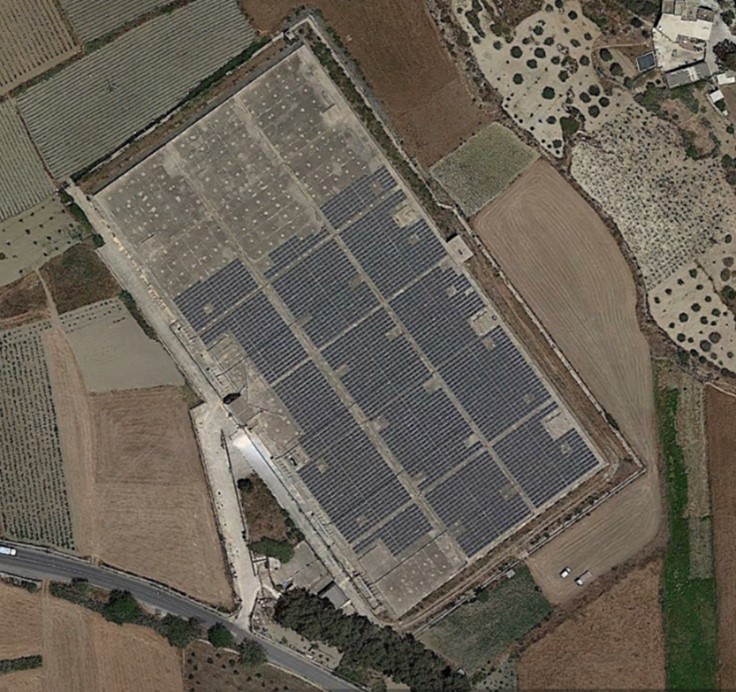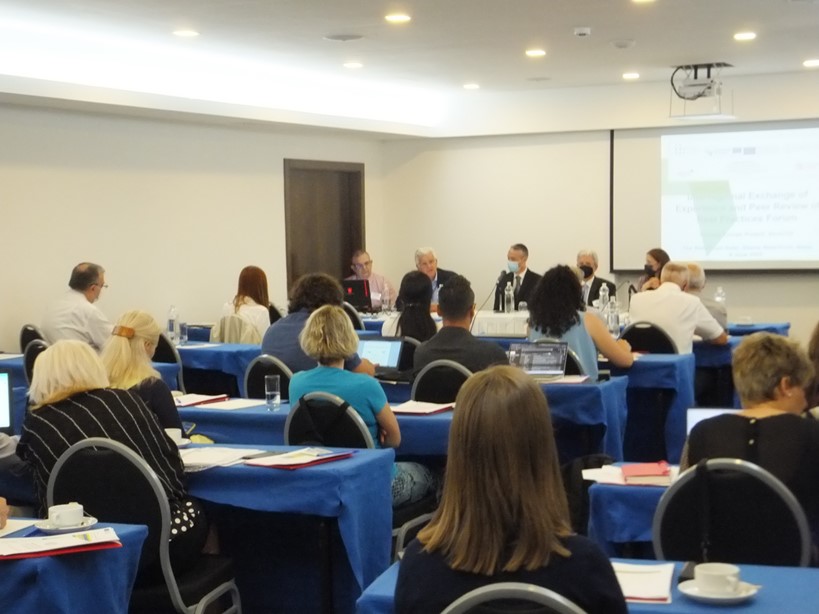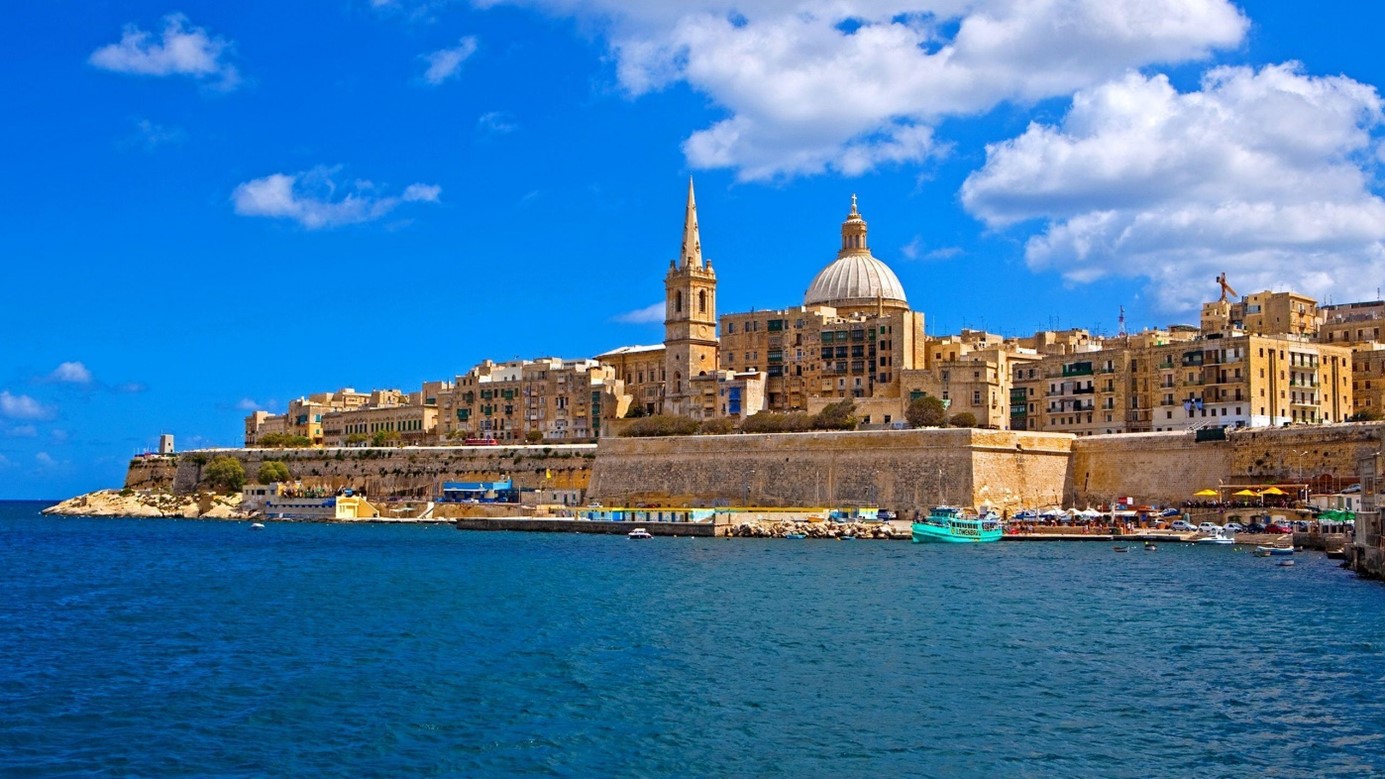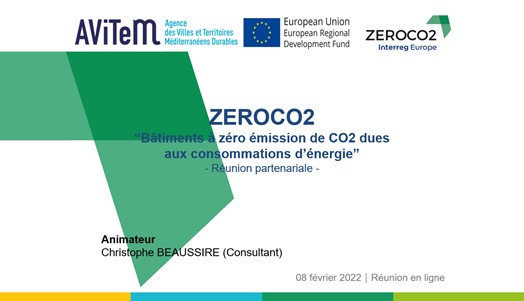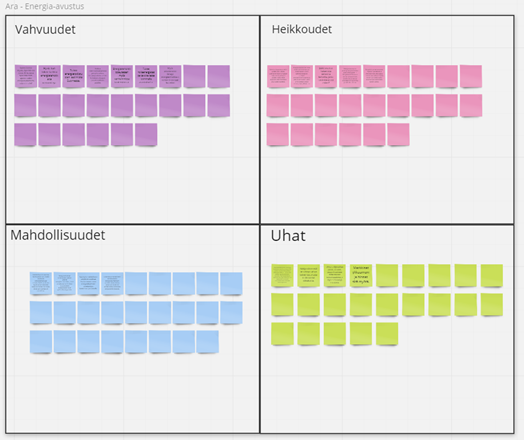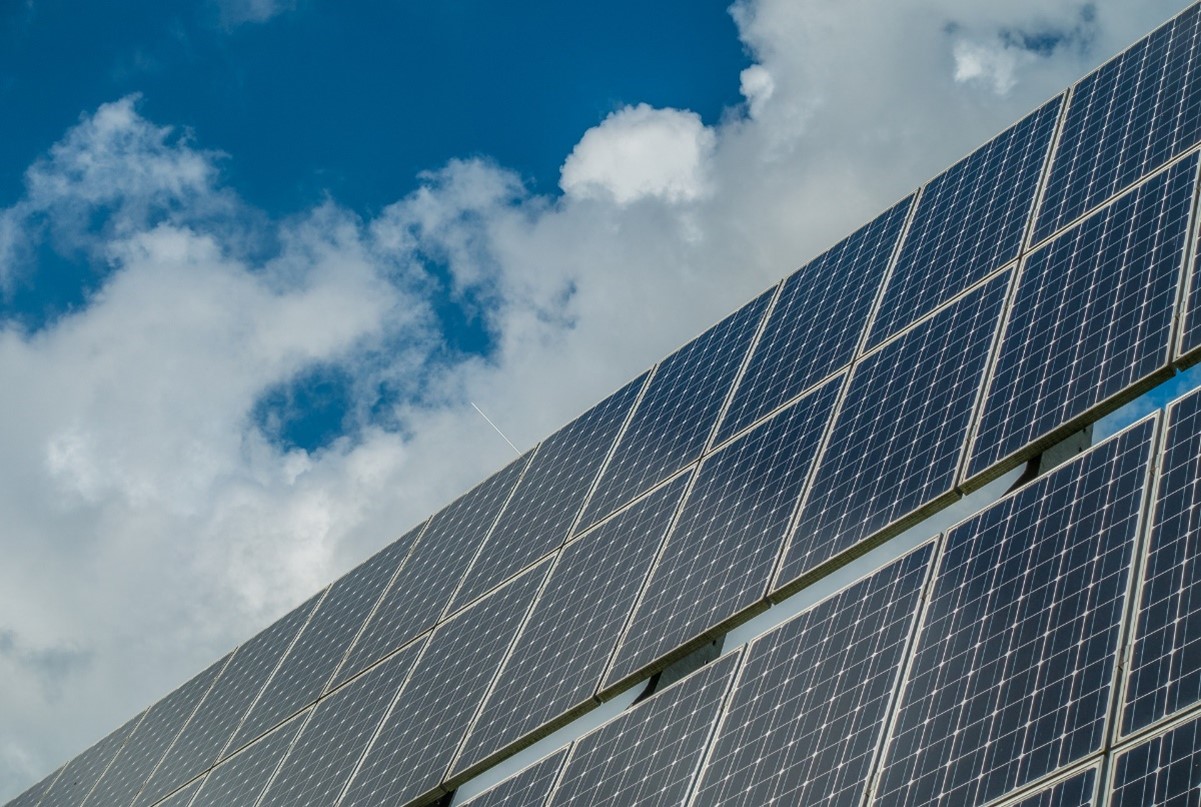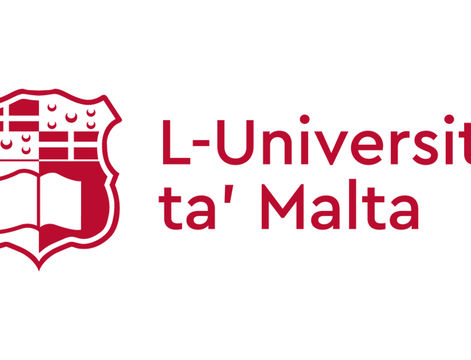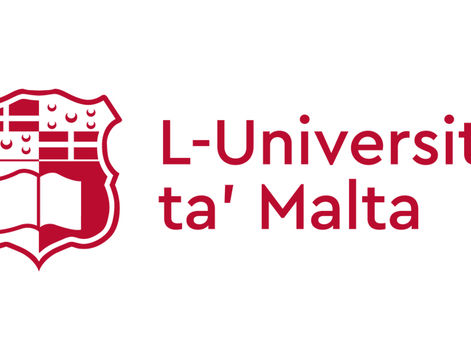
Picture 1: Example of policy instrument table in SWOT-analysis.

Picture 2: Examples of things written on Post-It notes in the SWOT- analysis.
On the 10th of January 2022, Thermopolis Oy hosted a virtual meeting with regional stakeholders from South-Ostrobothnia, Finland to discuss their SWOT-analysis of relevant political instruments.
The following partners and stakeholders participated in the event:
Joonas Lassila, Thermopolis Oy
Lea Hämäläinen, Thermopolis Oy
Janne Lahdensuo, Teacher of building services, SEDU
Tero Rintakallio, Development Engineer, City of Seinäjoki
Liisa-Maija Hurme, Project Manager, Regional council of South-Ostrobothnia
Jouni Tiisijärvi, Hosting Manager, City of Seinäjoki
Ari Haapanen, Project Manager, University of Vaasa
Marita Viljanmaa, Education Manager, SeAMK
During the meeting, the Thermopolis project manager presented the ZEROCO2 project and its recent extension to the regional experts who participated in the event. Thermopolis had prepared another presentation on the policy instruments to be discussed in their SWOT analysis, which outlined the situation of energy subsidies in Finland compared to the region of South-Ostrobothnia. Following, the Climate and Circular Economy Roadmap for South-Ostrobothnia was presented by Liisa-Maija Hurme from The Regional Council of South-Ostrobothnia.
After the presentations, the stakeholders were led through the development of a SWOT analysis of the policy instruments selected by Thermopolis in the MIRO application, where a table for each instrument had been prepared with post-it notes outlining strengths, weaknesses, opportunities and threats. The analysis also focused on the impact of COVID-19 on the selected instruments.
The instruments selected for analysis were regional strategies, which include the Climate and Circular Economy Roadmap for South-Ostrobothnia and South-Ostrobothnia’s Energy and Climate Strategy 2014-2020, the forerunner of the roadmap. The roadmap is also the political instrument to be impacted by the ZEROCO2 project in this extension phase.
Heating buildings creates 30% of the emissions of the region of South-Ostrobothnia and, therefore, they are a relevant topic in relation to the chosen policy instrument as well. The national policy instruments chosen for the SWOT analysis were grants to support the transition to carbon neutrality, some of these instruments of support have coincided with the COVID-19 pandemic period and have also played a role in promoting carbon neutrality during the pandemic. These grants included ARA’s energy subsidies, ARA’s aid for municipalities to replace oil heating in municipality-owned buildings, Business Finland’s Energy Aid and aid for giving up oil heating in detached houses. All these instruments support the ZEROCO2 ideology and support the COVID-19 recovery plan in the region.
By focusing on the qualities and impact of the instruments, the South-Ostrobothnia region has the possibility to highlight problem areas that can be improved. Therefore, they can continue to focus on policy strengths and consider whether opportunities could also be translated into concrete measures in future policy instruments.
As a result of the SWOT analysis, it was found that in Finland, there has been a significant amount of available support during the COVID-19 pandemic for reducing oil heating, increasing renewable energy usage, and renovating buildings. A positive aspect of the pandemic is that most of the subsidies have been relatively easy to apply for, and they have mitigated a potential downturn in energy renovations during pandemic. It has been noted that due to the subsidies for the abandonment of oil heating, the cost of materials and labour in this sector have increased. Thus, overall heating system prices have risen in some places.
The driving factors have been the parties involved in COVID-19 recovery combined with the demand for subsidies. People have been more willing to invest in renovating their homes during the pandemic, because people now spend a lot more time at home – and subsidies have made this more possible. There is a shortage of contractors for boreholes for geothermal heating. As a result, housing associations, for example, are not getting bids for geothermal replacement due to a shortage of workers.
Overall, the regional stakeholder event proved to be productive and insightful for the ZEROCO2 project and beyond.
